A regulation is a rule meant to control the activities of certain entities, especially economic activities. Regulations and laws are not the same, but they are related. A bill becomes law once it passes Congress (or a state legislative assembly). Federal or state agencies and departments then create regulations for entities under their jurisdiction. Failure to comply with regulations can result in financial or legal penalties.
Healthcare is one of the country's most heavily regulated industries and for good reason. Failure to comply with industry regulations could cost someone their life in healthcare. In less extreme cases, it can cost healthcare organizations or their patients thousands of dollars or more. Compliance programs are designed to ensure that healthcare companies are operating in accordance with state and federal regulations as the government enacts new legislation and regulations change. Without an effective compliance program, your healthcare organization could be putting its sustainability and patients' well-being at risk. 5 Major Laws Governing Healthcare Regulations
Regulations in the healthcare industry are created to do everything from protecting patient privacy to ensuring more equitable healthcare access for all Americans. While many laws have influenced healthcare regulations, five US laws have profoundly affected healthcare regulations.
Health Insurance Portability and Accountability Act (HIPAA)
HIPAA laws are one of the most widely recognized laws concerning healthcare regulations. It deals with patient information and privacy. First, it grants patients the right to access their own protected health information (PHI). Healthcare providers must disclose how information is used and notify patients if their information may have been compromised in a security breach. Under HIPAA, all electronic, paper, and oral media are protected.
Anti-Kickback Statute and Stark Law
The Anti-Kickback Statute and Stark Law prevent medical providers from entering into financial relationships that may influence their recommended treatments. Healthcare providers are not allowed to accept monetary bonuses or anything else of value for referring patients to a specific treatment. This law was created because, in some past instances, medical providers’ medical decision-making was influenced by monetary gain, and patients were sent for treatments that they either did not need or were not the most effective for their condition. It also increases costs for payors, especially when patients rely on government healthcare programs like Medicaid or Medicare.
Patient Safety and Quality Improvement Act (PSQIA)
PSQIA was enacted to enhance patient safety. As a result of this legislation, the government created new patient safety organizations (PSOs) and provided peer review assessments for reports concerning healthcare errors. The PSA works to gather data about adverse medical events and increase the quality of patient care by guiding providers in ways to reduce adverse events.
Health Information Technology for Economic and Clinical Health (HITECH) Act
The HITECH Act created a framework for properly using electronic health records. The legislation made the healthcare industry more efficient by prompting a mass adoption of electronic medical records systems. It also created cybersecurity guidelines to keep new record systems HIPAA compliant.
Affordable Care Act (ACA)
The Affordable Care Act, more commonly known as Obamacare, sought to expand healthcare access to Americans who were typically excluded from the system. The ACA established a Health Insurance Marketplace where patients could buy healthcare, expanded Medicaid eligibility, mandated all Americans purchase or obtain healthcare, and encouraged innovation to reduce healthcare costs. It also prohibited insurance companies from refusing to cover patients with pre-existing conditions.
What is a compliance program and why are they important?
A compliance program is a tool that healthcare organizations use to ensure they are following the relevant laws and regulations and prevent them from facing fines and legal action. A good compliance program is proactive, not reactive. The goal is to stop infractions from happening at all. However, if an issue does occur, a good compliance program catches it quickly and facilitates immediate, effective correction.
Creating a Successful Compliance Program
Advanced Technologies and More Efficient Compliance Management
Artificial intelligence, machine learning, and other advanced technologies are making compliance easier for healthcare organizations of all sizes. Many facilities can now automate processes that used to be done manually and eliminate the risk of noncompliance caused by human error. Healthcare companies can also run automated audits to quickly scan for vulnerabilities or catch errors. Many facilities are now part of larger healthcare systems. Communication technologies make coordinating compliance protocols across several campuses and affiliates from a central location easy.
As regulations change, the need for compliance programs remains consistent
Regulations exist in the healthcare industry to help ensure patients have access to the proper care when needed. Compliance programs are more than just a bureaucratic stumbling block. They are essential for protecting both your healthcare facility as a business and your patients' safety.
Creating an effective compliance program involves assessing risks and vulnerabilities, establishing comprehensive policies and procedures, and assigning responsibilities to compliance officers. Advanced technologies, such as AI and machine learning, streamline compliance management and reduce human errors, but need to be heavily audited for continued accuracy. As regulations evolve, the significance of compliance programs persists in ensuring equitable and quality healthcare access. These programs not only protect healthcare facilities as businesses but also uphold patients' safety, dignity, and access to proper care.
Wand to know the best ways to ensure compliance in your organization? Check out part two of our healthcare compliance series!
Comments are closed.
|
Categories
All
Archives
July 2024
|
|
DO YOU HAVE A QUESTION?
WE HAVE AN ANSWER. Office: 512.583.2000
Fax: 512.583.2002 |
FOLLOW THE LATEST INDUSTRY TRENDS
|
CELEBRATING 25 YEARS
|
@2024 Revenue Cycle Coding Strategies. All rights reserved.



